A beginner’s guide to gardening: How to get started
From what to plant now, to the must-have tools to have on hand, this is everything you need to cultivate a green space
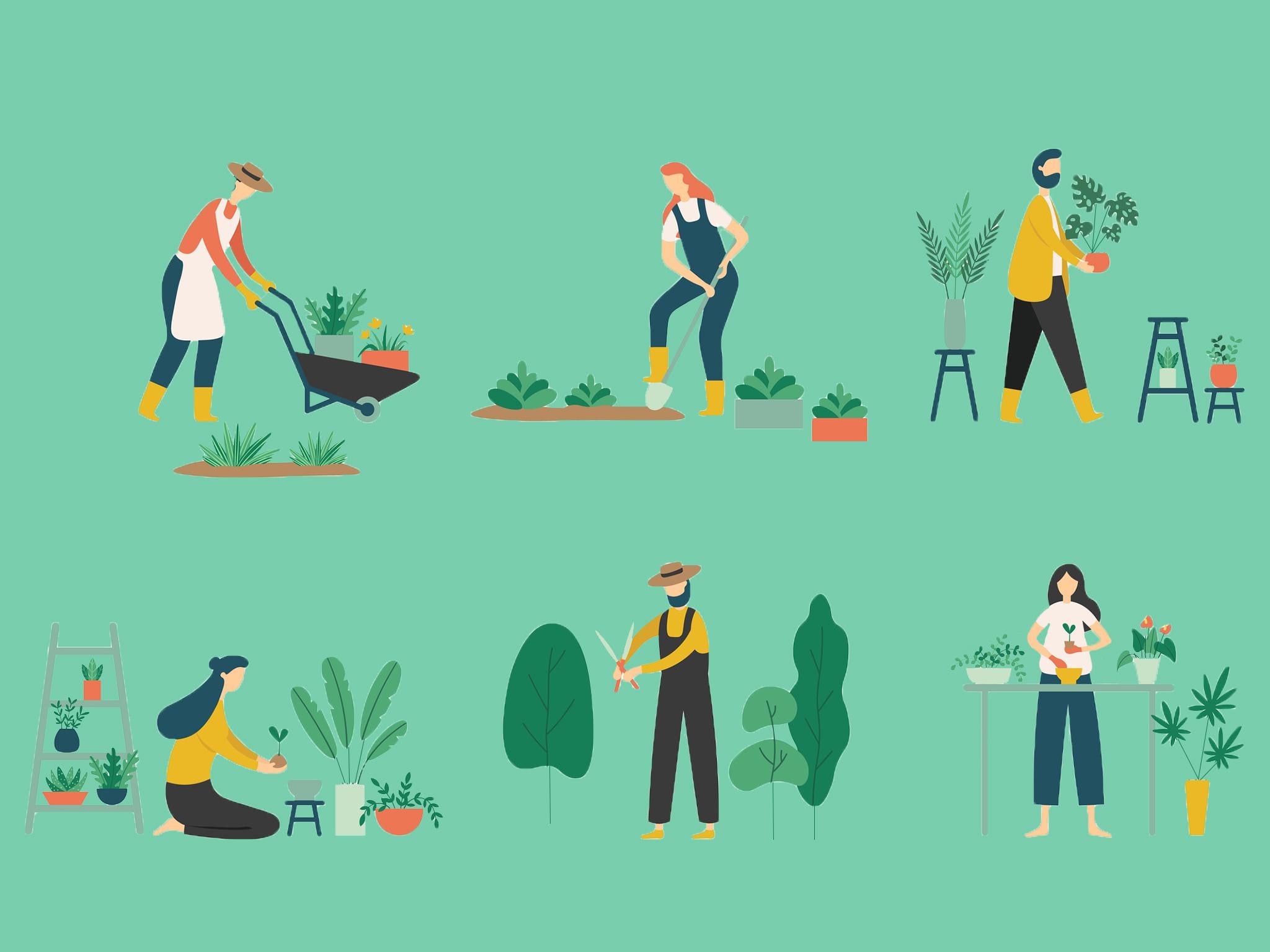
Your support helps us to tell the story
From reproductive rights to climate change to Big Tech, The Independent is on the ground when the story is developing. Whether it's investigating the financials of Elon Musk's pro-Trump PAC or producing our latest documentary, 'The A Word', which shines a light on the American women fighting for reproductive rights, we know how important it is to parse out the facts from the messaging.
At such a critical moment in US history, we need reporters on the ground. Your donation allows us to keep sending journalists to speak to both sides of the story.
The Independent is trusted by Americans across the entire political spectrum. And unlike many other quality news outlets, we choose not to lock Americans out of our reporting and analysis with paywalls. We believe quality journalism should be available to everyone, paid for by those who can afford it.
Your support makes all the difference.For many, the lockdown was a chance to get in the garden and start growing flowers, plants, vegetables and other foliage.
The Independent recently reported on a survey of 2,000 people, conducted by LV General Insurance in June, that found millennials have spent twice as much on their gardens as other people during lockdown.
As the weather got warmer, but lockdown rumbled on, months on end staying at home became the perfect time to dedicate to cultivating your own green space.
We’re currently well into summer (despite what it looks like outside), and while the sunny skies you may have been hoping for are as unreliable as ever, if you are looking to get into gardening, or improve what you've learnt so far, now is a great time to start.
Plus, there are many benefits to gardening, scientists have found that spending two hours a week in nature is linked to better health and wellbeing.
Guy Barter, chief horticulturist for the Royal Horticultural Society (RHS) previously told The Independent: “We feel that gardening combines exercise and activity, and is well known to boost wellbeing, along with the restorative power of tending and caring for living things. Of course, there is the beauty and charm of flowers and gardens to raise the spirits and the pleasure and satisfaction of growing and eating your own food.”
Whether you are limited to indoor and balcony space or have a lush green lawn, there’s plenty of ways to get started and we’ve curated a guide for those new to the hobby, in which you’ll find everything from the best trowels to use to books you should read.
You can trust our independent roundups. We may earn commission from some of the retailers, but we never allow this to influence selections, which are formed from real-world testing and expert advice. This revenue helps us to fund journalism across The Independent.
What to plant now
If you're planning to shop online for seeds, bulbs and other foliage, read our guide to the online garden centres to support here.
Space isn't an issue for taking up gardening, even if you are limited to a balcony garden.
“Sunny balconies can be planted with potted shrubs such as choisya, lavender and young bay trees,” Barter told The Independent. If it’s in the shade, then he suggests ferns, fatsia, fatshedera, ivies and skimmia, adding, “hanging baskets and troughs filled with tender summer flowers make efficient use of space.”
As long as you have space for a pot, you can plant most herbs, small fruits and vegetables. Find our guide to how to garden on a balcony or even just a windowsill here.
In it we loved this Espresso Mushroom Company pearl oyster grow your own mushroom kit (Not On The High Street, £18.95) which is a great introduction to growing your own produce at home.

It's easy to set up too; cut an incision in the bark (which is made from upcycled coffee grounds), let the bark soak in water for 12 hours, then spritz with water with the accompanying spray bottle twice a day. Mushrooms begin to sprout after a week.
Plus, once your mushroom harvests, you can reuse the compost.
If you have a garden, a world of possibilities opens up and you’ll be in a position to grow root vegetables, leafy greens and marrows. And the added beauty of this is you can also create your own menu for a feast, once everything has sprouted.
A healthy selection of herbs that will also thrive include chicory, endive, lettuce, lambs lettuce and rocket. Try lamb's lettuce 'favor' (Just Seed, £2.29), which will grow on a patio in sunny weather up to a height of 15cm. Once harvested, you can mix them into a salad.
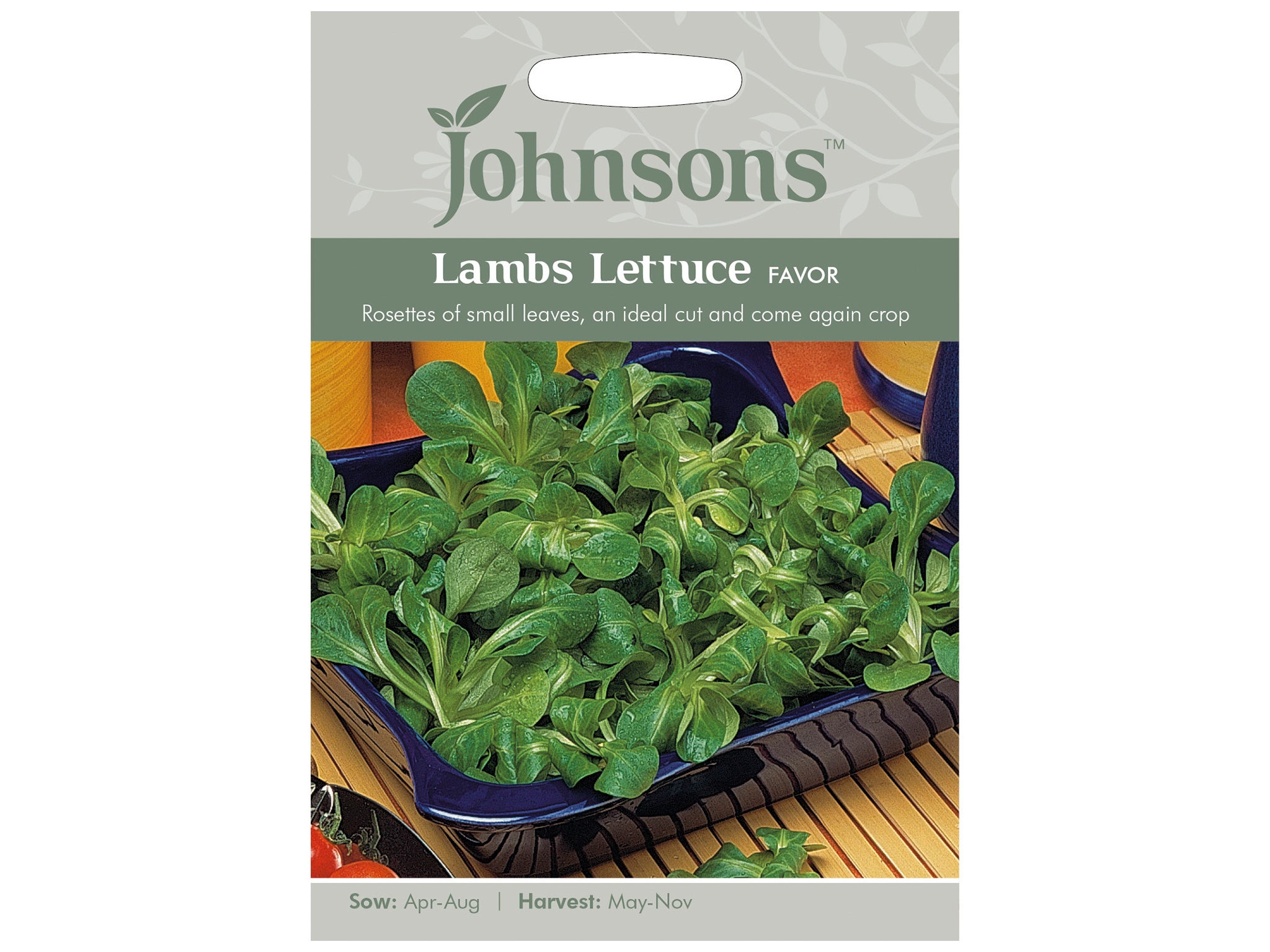
If your garden is big enough to fit a greenhouse, you could even start growing winter vegetables that can take up to nine months to grow if you have space.
Try your hand with this asparagus guelph millennium (Thompson and Morgan, £15.99) which grow best in sunny, moderately-fertile soil conditions.

As long as there is shelter from any strong winds then you’ll be able to yield good results.
Tools you need
Firstly, protect your hands from the mess and irritation that gardening can bring with a pair of gardening gloves. These are especially important as increased hand washing can leave skin feeling sensitive.
Try the Hexarmour thornarmour 3092 gardening and landscaping gloves (Safety Gloves, £49.99) which will stop you getting stung by prickly weeds or thorns but won’t allow any soil to get inside either.

If you’re going to be re-potting plants and putting new ones into beds, you'll need a trowel.
Taking away the top spot in our IndyBest guide to the best garden trowels was the Hunter Gatherer personalised copper plated garden trowel (Not On The High Street, £23).

It was one of the few we’ve seen that has measurements on the shovel (which are also engraved, so there’s no risk of them wearing off) and the pointed tip was no match for the hard, unbroken soil we tested it on.
Despite the fact that it’s slightly shallower and more narrow than many of its rivals, it’s also slightly longer – a feature which made it easier for us to access hard to reach and sunken patches of soil.
The RHS recommends hoeing weeds regularly to keep them at bay.
Simply run a hoe such as this Nejiri gama hoe (Amazon, £16.99) over a bed or between rows of plants to kill weed seedlings.

The blade is made from hardened steel and it comes with a hanging loop on its wooden handle to easily stow it away when you’re finished with it.
The RHS suggests doing this on a dry day with light wind, so that the seedlings will dry out on the surface of the bed rather than re-rooting into moist soil.
Keep a grass lawn in tip-top condition with a lawnmower. Our favourite is the Atco quattro 16S Li 41cm 60V self-propelled lawn mower (Atco, £599) for its ability to tame a medium-sized lawn in under an hour, without choking longer grass or leaving nasty look scalps behind.
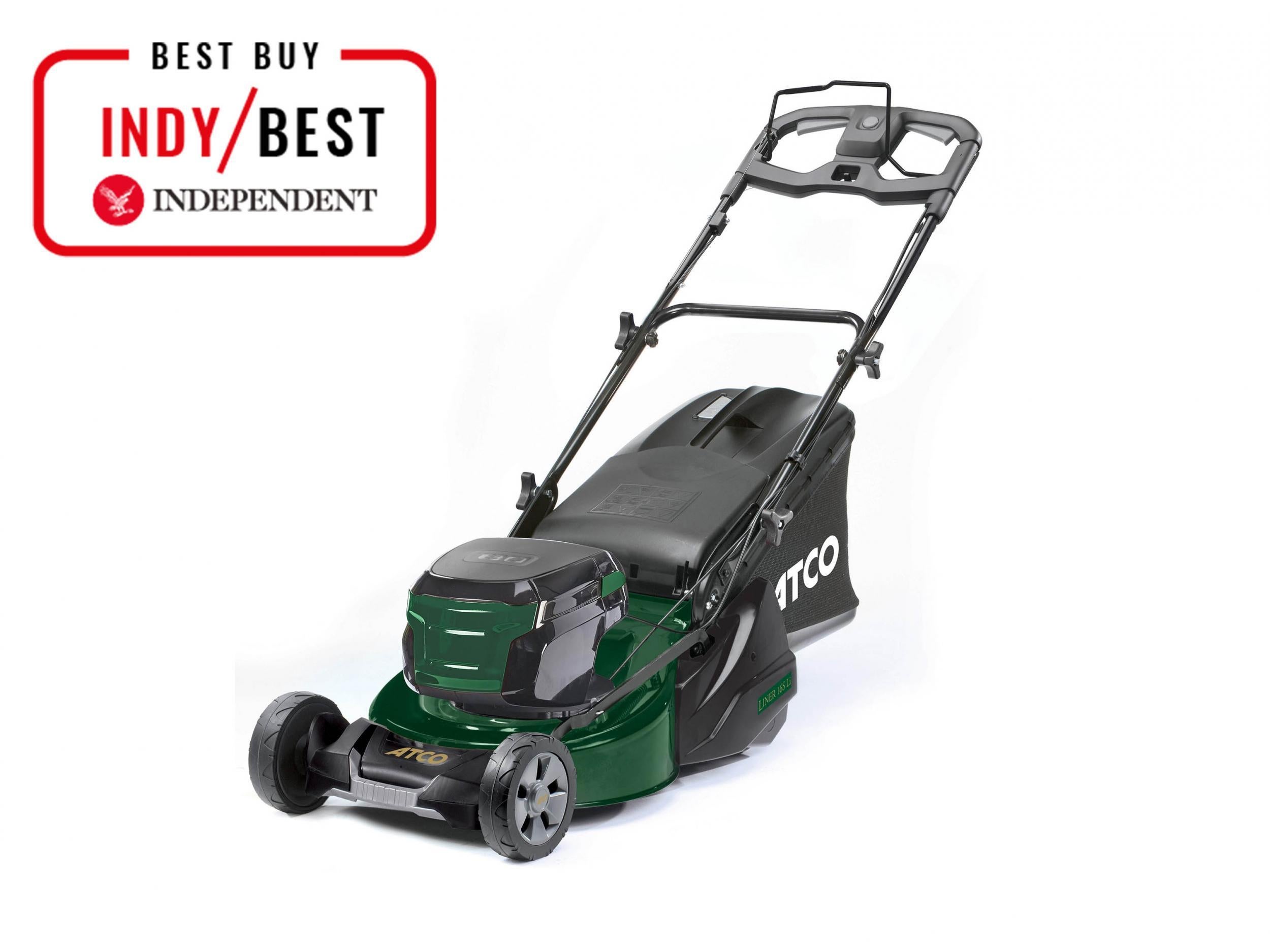
According to our reviewer: "There is an excellent mulching function, which means that, if you want, you can recycle your clippings and return valuable nutrients back into the soil to keep your lawn looking healthy all summer long."
Books to read
If you’re looking for detailed advice that you can always go back to, we’d recommend Small Garden by John Brookes (Amazon, £15.43), which covers every aspect of cultivating a garden in a small space.
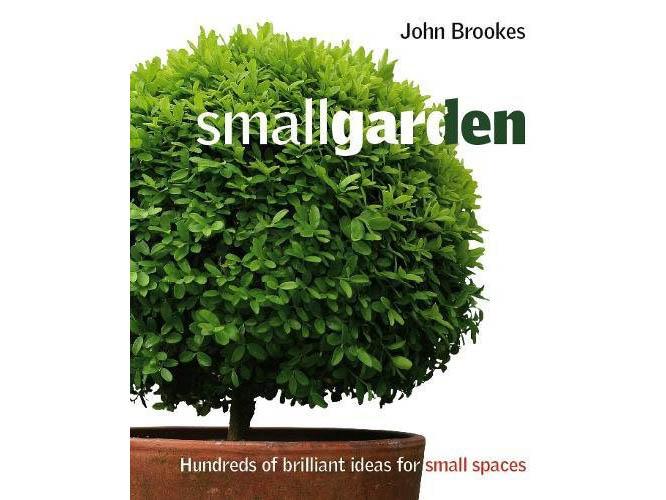
It has easy to follow descriptive diagrams and plenty of inspiration for things such as working on a grassy lawn, balcony, roof terrace or even just your windows.
For the more practical-minded, Build a Better Vegetable Garden by Joyce and Ben Russell (Amazon, £17.99) is full of guides to turning a vegetable plot into a bountiful source of fresh produce in your back garden, all year round.
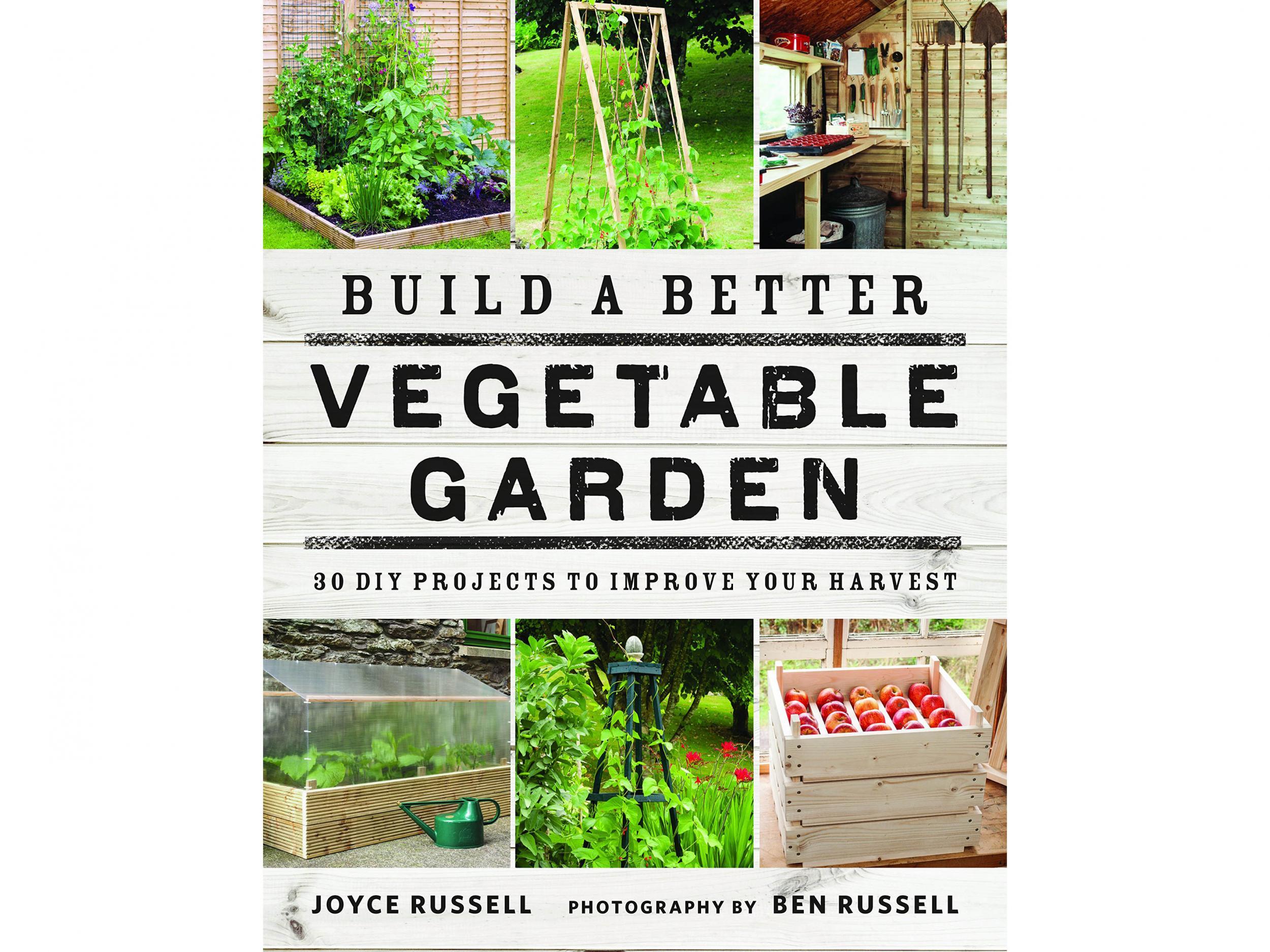
In it, you’ll find 30 projects to work your way through from making tunnels to deter slugs ruining your hard work to making a mini greenhouse all designed to help you get the most out of the season and protect your plants from pests.
The Edible Balconyby Alex Mitchell (Waterstones, £16.99) is a great grow-it-yourself book, aimed at the urban dweller where lawns, borders and veg patches are substituted for roof terraces, balconies and pots.
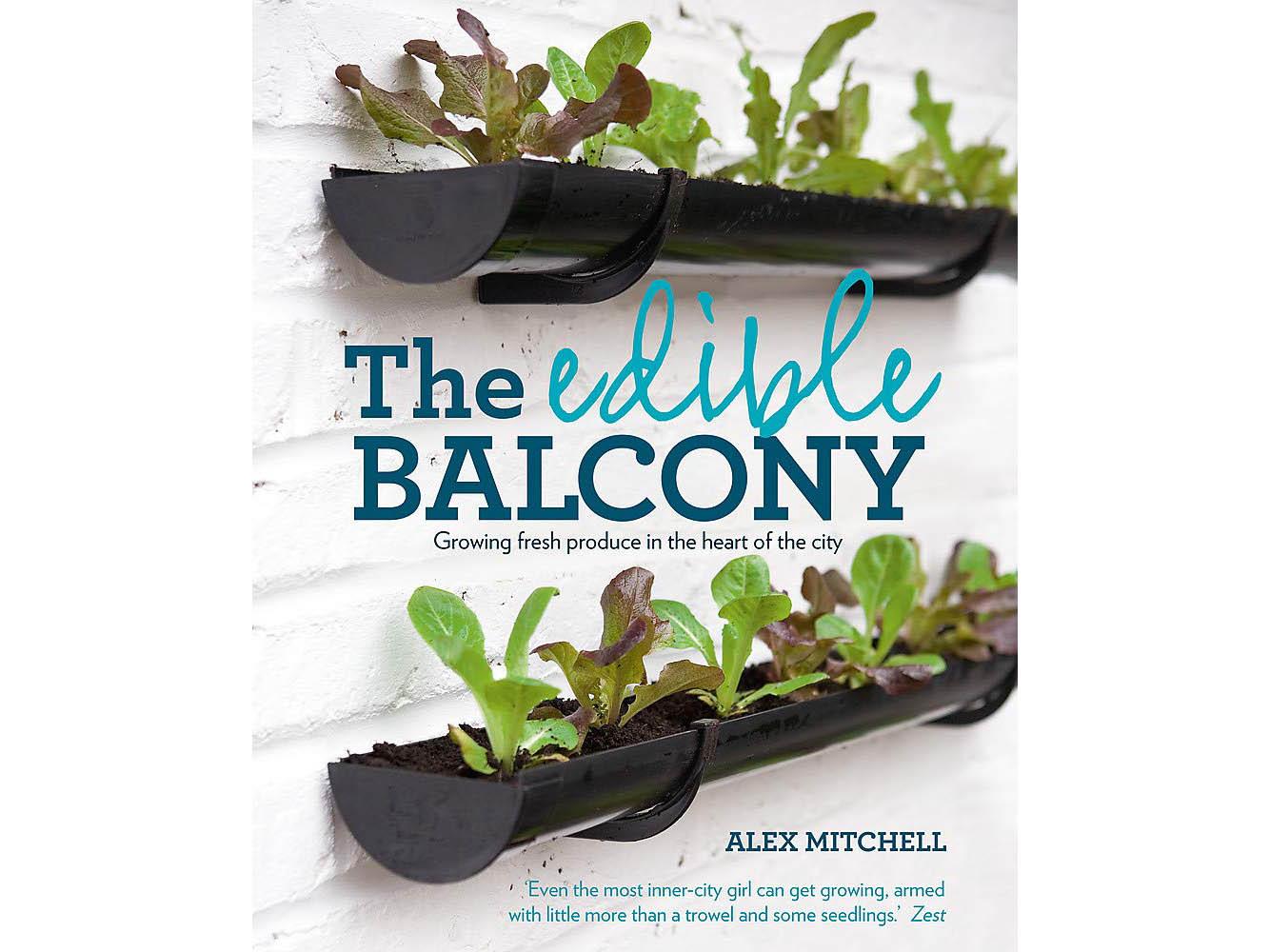
Mitchell has crammed a wealth of inspiration into her book with tips and tricks on how to grow salads in guttering and tomatoes in a colander.
Follow her advice and your balcony, flat or apartment will not only provide you with tasty fresh food but will also add colour and life to your home.


